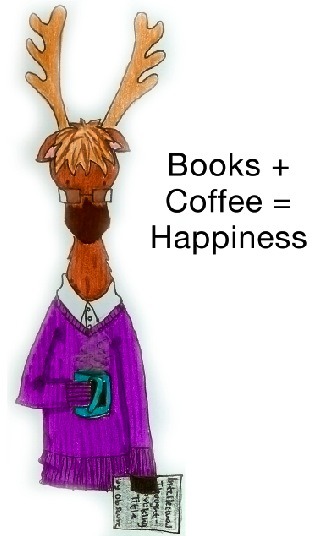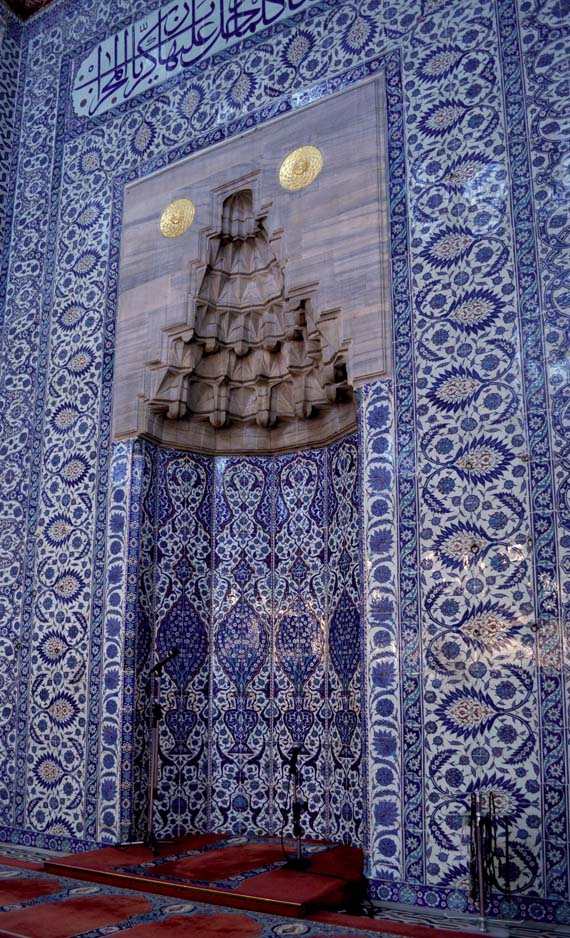A bit more than two weeks in, I stop to collect some notes about the pieces and how those might fit together.
Americans are entitled to purse happiness. This is stated in our founding documents.
Positive Psychology. Happiness
is to be obtained, among other ways, by cultivating family relationships. Leisure also promotes happiness, so does
encounter with (or in) natural settings.
Economics.
·
Increased income and leisure allows more options.
What is the better use of these
resources? What promotes the greatest
happiness for the greatest number of Americans?
·
At what point does a vacation become conspicuous
consumption or conspicuous leisure?
·
Band wagon, snob (or hipster), or Veblen effect:
how do Lebenstein’s ideas about un-use value help us understand family
vacations in the mid-20th century or the development of that national
park system or its use today?
·
How does the economic notion of “existence value”
help our analysis of the movements to conserve and/or preserve national parks?
Post WWII more Americans had access to the private resources
(leisure time, money, automobiles) to pursue happiness by cultivating their
family relationships on vacations that exploited public resources (roads, restaurants,
camping grounds, and national parks).
This national rush to nature shows a significant shift in
attitudes toward nature, esp. wilderness, since the colonial, pioneer area (now
more romantic and nationalistic) and was made possible by more than a
half-century of citizen activism and government policies intended to at least
conserve and perhaps even preserve the wilderness.
Then we were on to our discussion of the
NPR story about Christo's proposal for
"Over the River," a six mile ribbon over a river in Colorado
. Our conversations did echo these themes.
Some students were more inclined to the notion that a wilderness river, one we presume runs through land administered by the BLM, should be preserved in its natural state unless there are very, very compelling reasons not. They were not persuaded either by the promise of minimum ecological impact or the promise of some (perhaps fleeting) economic benefit. Moreover, there was some skepticism about the objectivity of the BLM's analysis.
Others were more willing to consider that the economic benefits might be worth the ecological and other costs though we did not say much about the inconveniences to residents during the construction period. But some regarded the economic benefits as too small or too fleeting, particularly since the presumed purpose of the project is not directed primarily to those ends. These might have been willing to consider a project of longer duration whose purpose was to serve the residents rather than one that appeals to those outside the local community.
No one took the view that wilderness is primarily to be exploited to human ends, to be tamed and made civilized. Most agreed that if the project went forward they would be interested in seeing it.


















